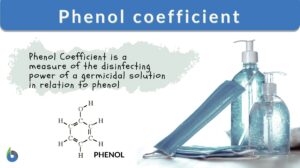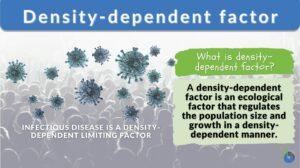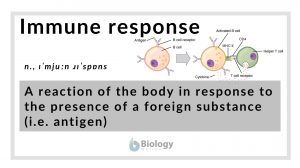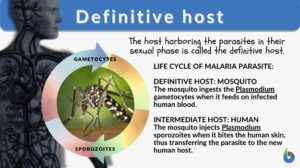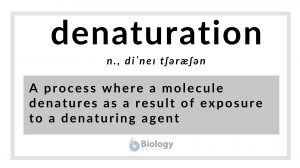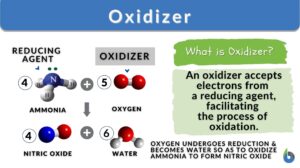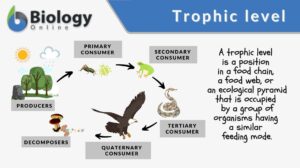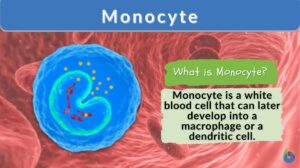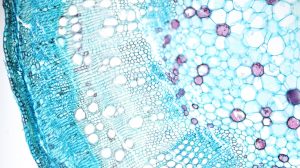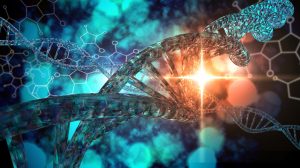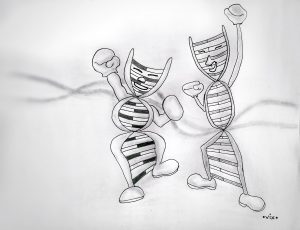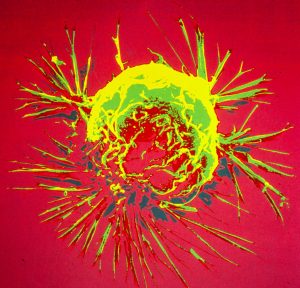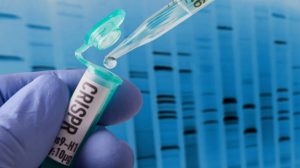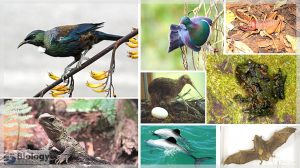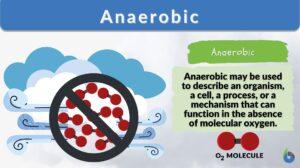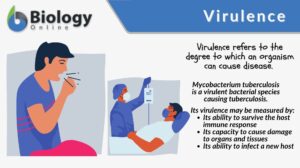Search Results for: kill
Phenol coefficient
Chemical disinfectants are categorized based on the power of their disinfection for microbes and viruses. Strong... Read More
Parasitism
Organisms depend on different sources of food to survive. Larger organisms like plants make their own food (autotrophs) and... Read More
Newly Discovered Exploding Ants – Colobopsis explodens
A new ant species, Colobopsis explodens, was recently identified. Similar to other exploding ant species, Colobopsis... Read More
Density dependent factor
Density-dependent factors are the limiting factors of an ecosystem that regulate population growth in a density-dependent... Read More
Exotic species
Exotic Species Definition What is an exotic species? In biology, an exotic species refers to a plant species or an animal... Read More
Immune response
Immune Response Definition An immune response is defined as the reaction of the body in response to the presence of a... Read More
Plant Metabolism
Introduction Plants are responsible for incredible feats of molecular transformation. The processes are always being... Read More
Definitive host
Different Biological Relationships The biological world is interconnected whether we notice it or not. All the life forms... Read More
Denaturation
Denaturation Definition In biochemistry, denaturation is defined as a process in which a molecular structure deviates from... Read More
Trophic level
In ecology, a trophic level pertains to a position in a food chain or ecological pyramid occupied by a group of organisms... Read More
Facultative anaerobe
Facultative Anaerobe Definition What does facultative anaerobe mean? Facultative organisms are the most adaptable... Read More
Bactericide
Definition noun, plural: bactericides A substance or agent capable of killing bacteria. Supplement Examples of bactericides... Read More
Bactericidal
Definition adjective Refers to a substance (or a condition) capable of killing bacteria. Supplement Word origin:... Read More
Virulent virus
Definition noun A virus that lyses its host immediately upon infection and often cause disease Supplement Viruses may be... Read More
Cell Biology
The cell is defined as the fundamental, functional unit of life. Some organisms are comprised of only one cell whereas... Read More
Evolution of Life – Ancient Earth
Continuing from the previous tutorial investigating the origins of life on Earth.... Life began to flourish, and the... Read More
SELFISH GENE – selfish to persist
What is a selfish gene? A selfish gene is not a gene that makes an individual selfish. In fact, it may even be involved in... Read More
RASER proteins selectively “hack” and “shut down” cancer cells
According to World Health Organization, cancer is the second leading cause of death worldwide. The record showed that it... Read More
CRISPR DIY – biohacking genes at home
Have you ever thought of changing yourself for the better -- genetically-speaking? Lately, CRISPR company has been selling a... Read More
New Zealand’s Unique Fauna
By: Maria Victoria Gonzaga In the previous lesson, we learned about the high biodiversity of New Zealand and how... Read More
Plasma membrane
Do all cells have a plasma (or cell) membrane? Yes, all cells have a biological membrane that separates the protoplasm from... Read More
Dead Man Walking
Dead Man Walking: Wade Davis and the Secret of the Zombie Poison By Patrick D. Hahn Accepted on September 4, 2007 Twenty... Read More
Scared to Death
Scared to Death: Self-Willed Death, or the Bone-Pointing Syndrome by Patrick D Hahn Accepted on: September 4,... Read More
Humans are Omnivores – Evidence
A number of popular myths about vegetarianism sprung with no scientific basis. One example of such a myth is that man is... Read More
Characteristic
Characteristics Definition We can define characteristics as qualities or features that describe the distinctive nature or... Read More
Gametocide
Gametocide An agent destructive of gametes, specifically the malarial gametocytes. Origin: Gameto-- L. Caedo, to... Read More
Antibiotic
Definition noun, plural: antibiotics Antimicrobial agent made from microorganisms, and can kill and inhibit the growth of... Read More
